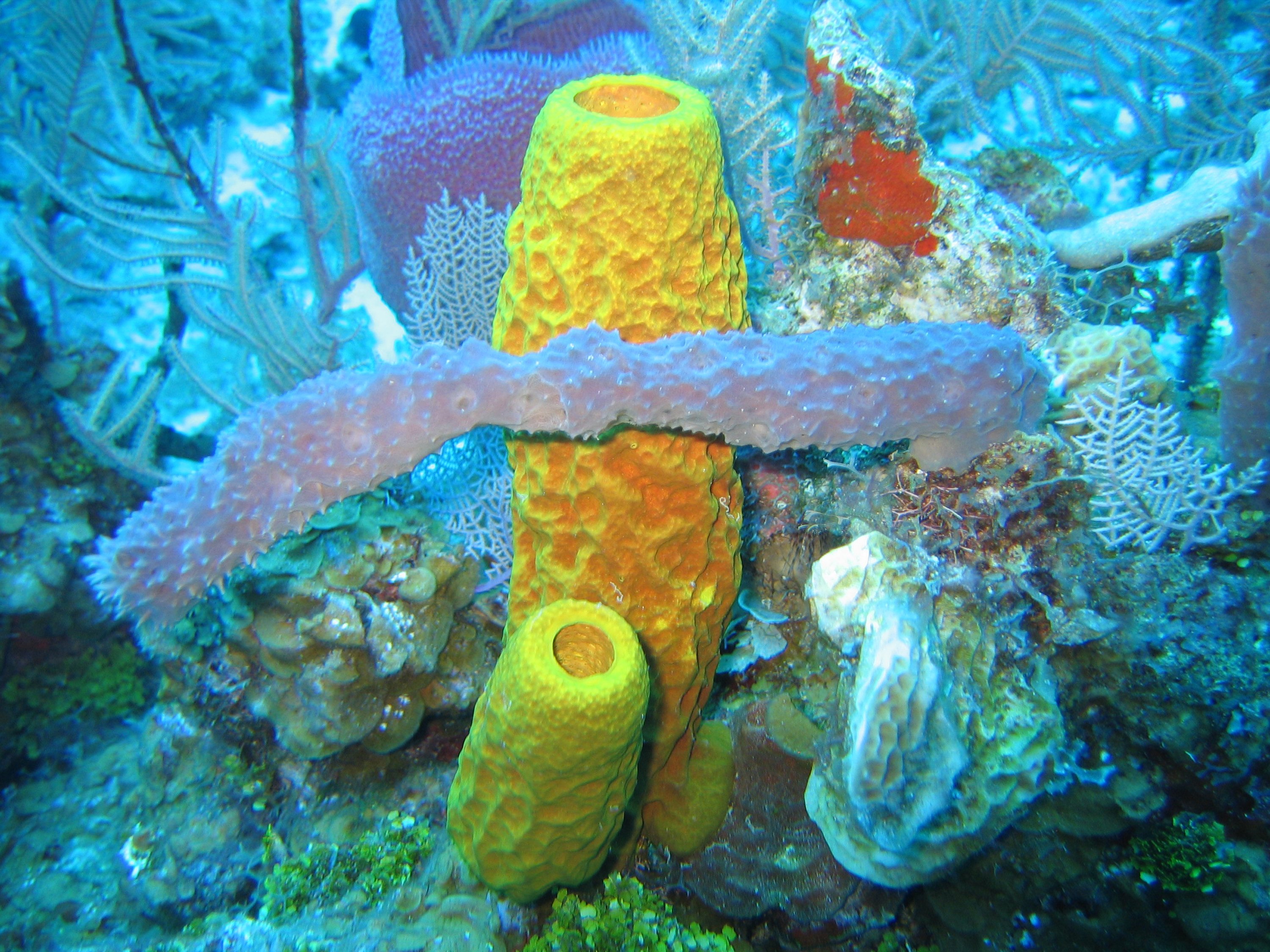|
Dactylocalycidae
Dactylocalycidae is a family of sponges belonging to the order Lychniscosida. Genera: * '' Dactylocalyx'' Stutchbury, 1841 * '' Exanthesis'' Regnard, 1925 * '' Iphiteon'' Bowerbank, 1869 * '' Moretiella'' Breistroffer, 1949 * '' Ophrystoma'' Zittel, 1878 * '' Paraplocia'' Pomel, 1872 References {{Taxonbar, from=Q4125611 Sponges ... [...More Info...] [...Related Items...] OR: [Wikipedia] [Google] [Baidu] |
Lychniscosida
Lychniscosida is an order of sponges belonging to the class Hexactinellida. Families: * Aulocystidae * Becksiidae * Callodictyidae * Callodictyonidae * Calypterellidae * Calyptrellidae * Camerospongiidae * Coeloptychidae * Coeloscysphiidae * Coscinoporidae * Cypellidae * Cypelliidae * Dactylocalycidae * Diapleuridae ''Diapleuridae'' is a family of five extinct species of marine glass sponges found in the Caribbean Sea, Florida Straits, Banda Sea, and US Virgin Islands. A sixth species–''Diapleura hatoni''–is postulated to have existed around the same time ... * Oncotoechidae * Polyblastidiidae * Sporadopylidae * Ventriculitidae References {{Taxonbar, from=Q4143365 Hexactinellida Sponge orders ... [...More Info...] [...Related Items...] OR: [Wikipedia] [Google] [Baidu] |
Sponges
Sponges, the members of the phylum Porifera (; meaning 'pore bearer'), are a basal animal clade as a sister of the diploblasts. They are multicellular organisms that have bodies full of pores and channels allowing water to circulate through them, consisting of jelly-like mesohyl sandwiched between two thin layers of cells. Sponges have unspecialized cells that can transform into other types and that often migrate between the main cell layers and the mesohyl in the process. Sponges do not have nervous, digestive or circulatory systems. Instead, most rely on maintaining a constant water flow through their bodies to obtain food and oxygen and to remove wastes. Sponges were first to branch off the evolutionary tree from the last common ancestor of all animals, making them the sister group of all other animals. Etymology The term ''sponge'' derives from the Ancient Greek word ( 'sponge'). Overview Sponges are similar to other animals in that they are multicellular, ... [...More Info...] [...Related Items...] OR: [Wikipedia] [Google] [Baidu] |
